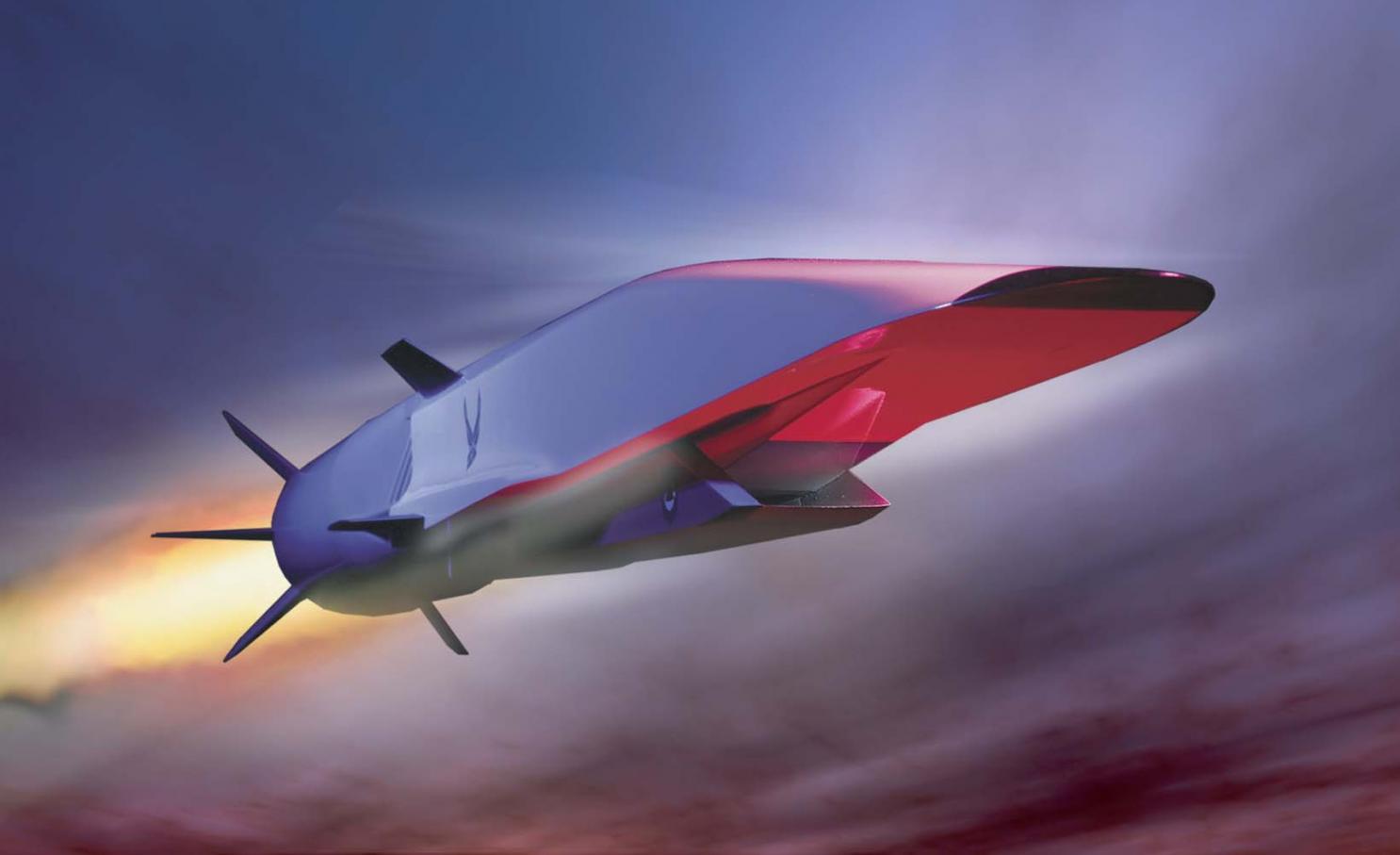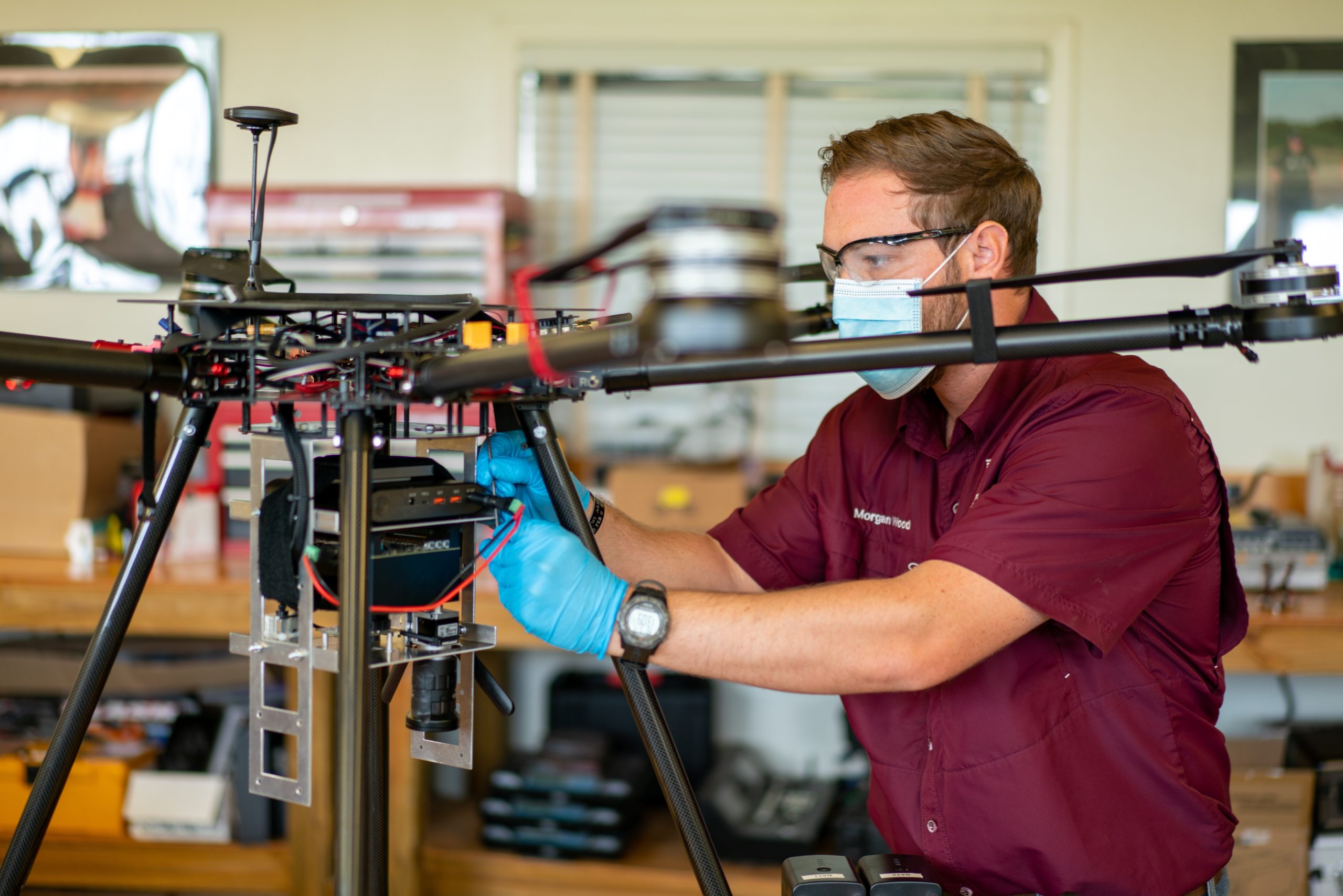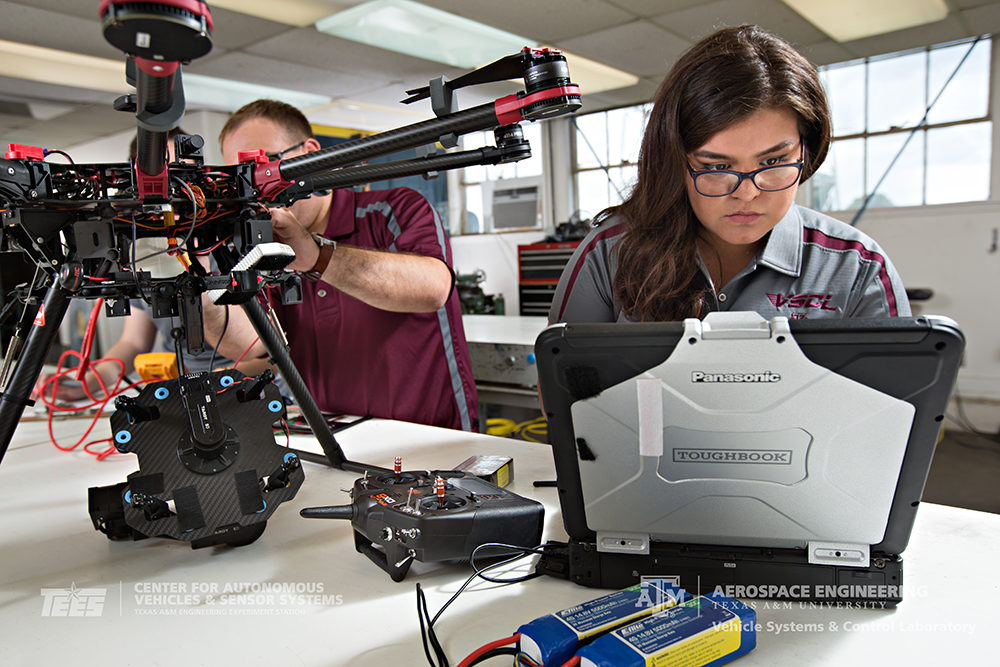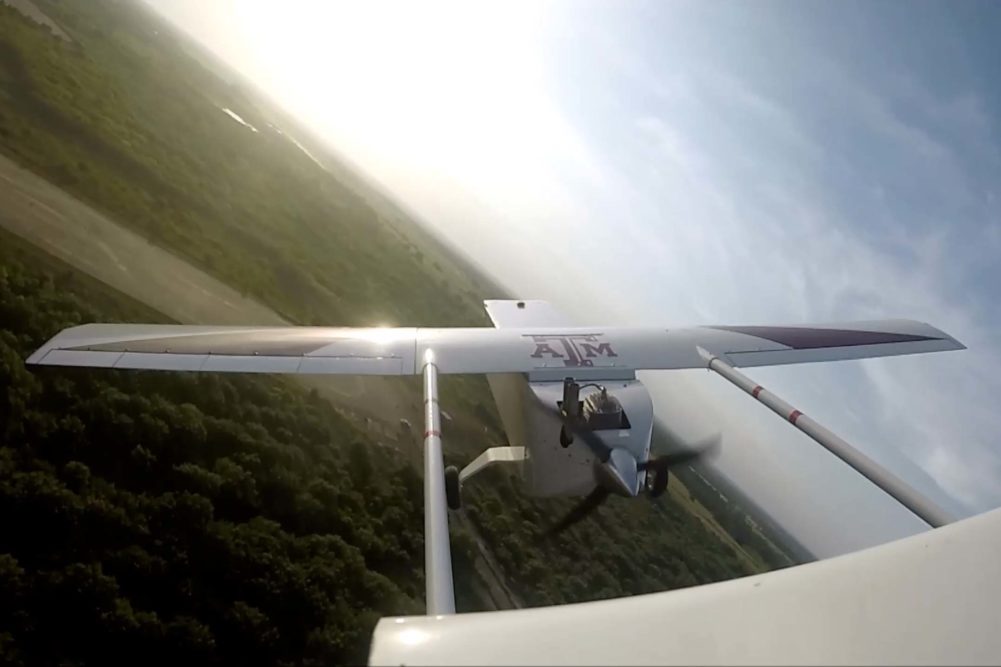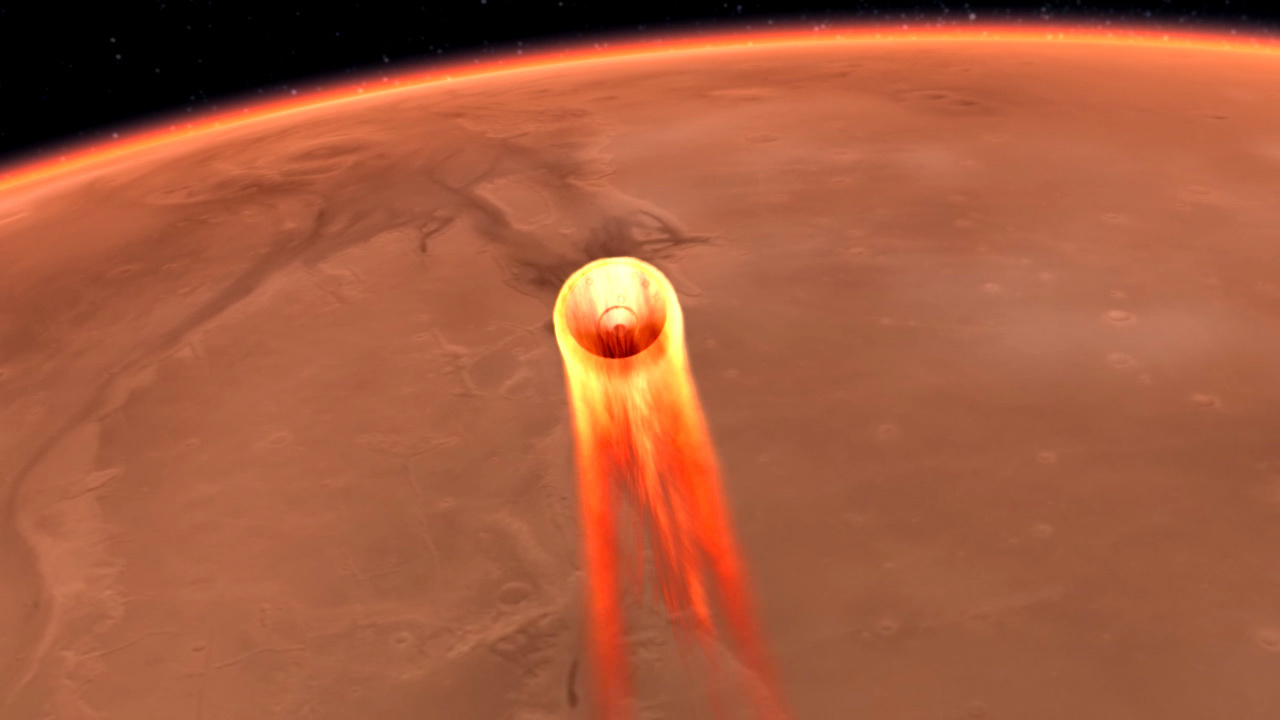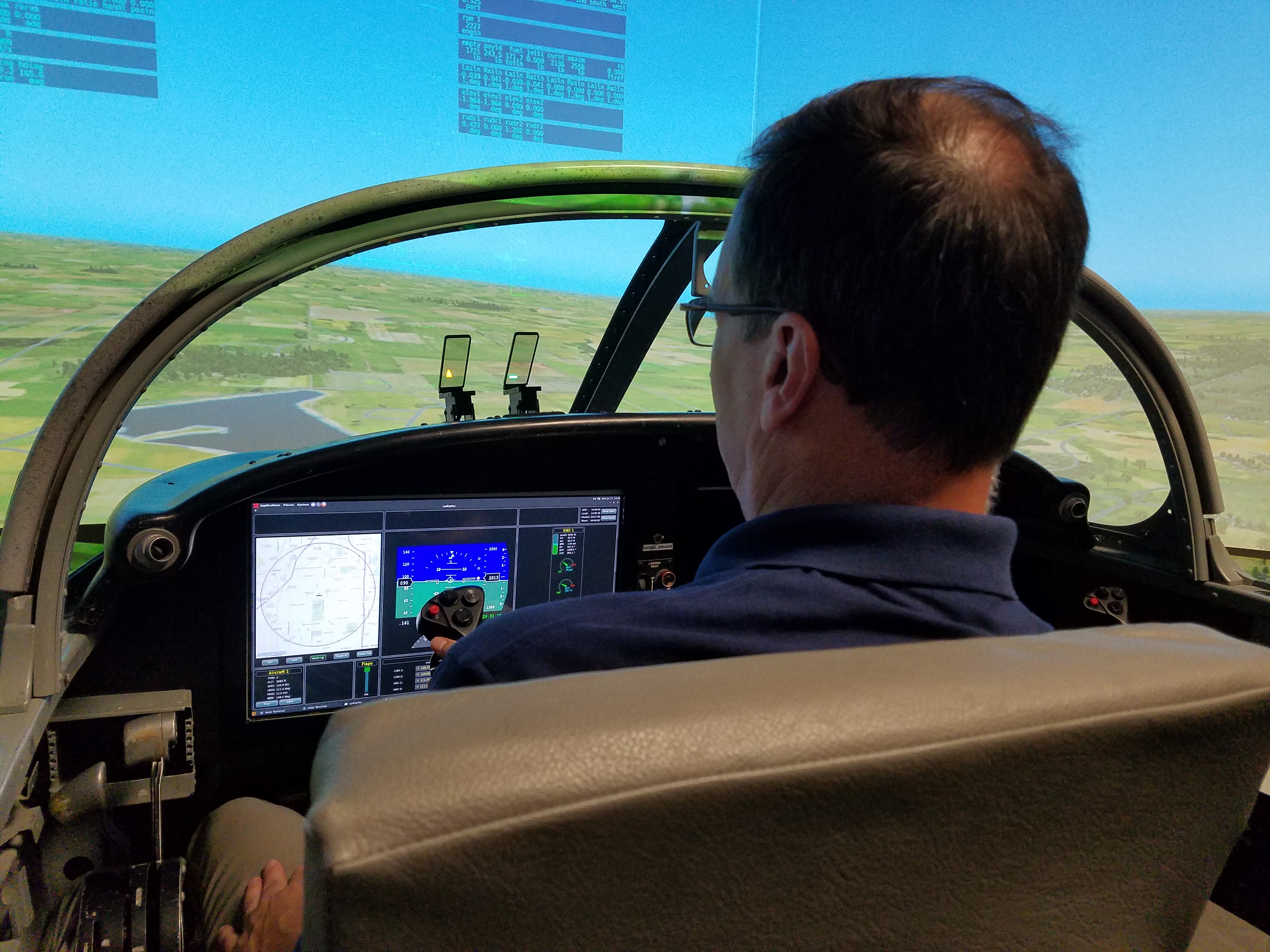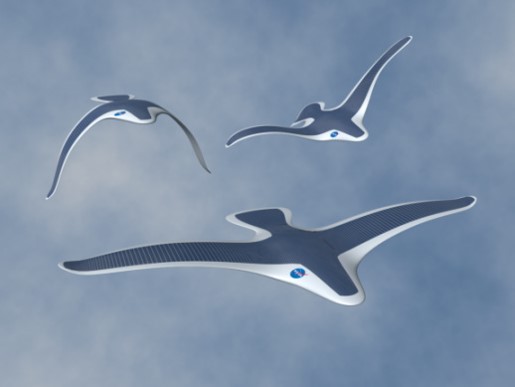Knowledge Based Systems Incorporated through Air Force Research Laboratory
1 November 2005 – 15 March 2007
Total award $140,108
To increase the autonomy of Unmanned Aerial Vehicles (UAVs), a desired feature is to have onboard intelligence for making decisions and planning maneuvers. To define and execute a maneuver we need an efficient means to generate a reference trajectory onboard and in near real-time. Also, this generated reference trajectory has to be consistent with the available control power and the airframe capability. To generate a feasible reference trajectory, accurate knowledge of the plant model is necessary, however; an accurate plant model is not always available and the plant model may also change due to control failures or damage to the UAV.
This research will develop a model estimation technique that can generate a plant model which is accurate enough to be used for generating feasible reference trajectories.
The central idea is to use estimates of the plant model based on geometric information of the aircraft and update this estimate based on the estimate obtained from real-time system identification of the plant from the input-output signals. Suppose there exists a visual sensor system that can identify the geometry of the aircraft on the fly. This information can be used to estimate the stability and control characteristics of the aircraft using methods contained in the USAF Stability and Control Datcompendium (DATCOM). These methods have been traditionally used in preliminary calculations for aircraft design. For the current research they can provide the approximate plant model for the entire flight envelope based only on the geometry of the aircraft. This approximate plant model can serve as a starting point for the model estimation based on the input-output data of the system. Thus, the estimation algorithm is a synergy of Datcom and model estimation from measurements.
Specific tasks and research objectives:
- Identify and formulate plant estimation model
- Generate DATCOM estimates
- Formulate fusion model
- Ensure stability and convergence of the estimated model
- Evaluate model using Matlab/Simulink based numerical simulation
- Evaluate KBSI Adaptive Trajectory Tracking Control
- Validation and verification using real-time simulation
Working with me on this program is Graduate Research Assistant:
- Post-Doctoral Researcher Dr. Puneet Singla
- Theresa Spaeth

